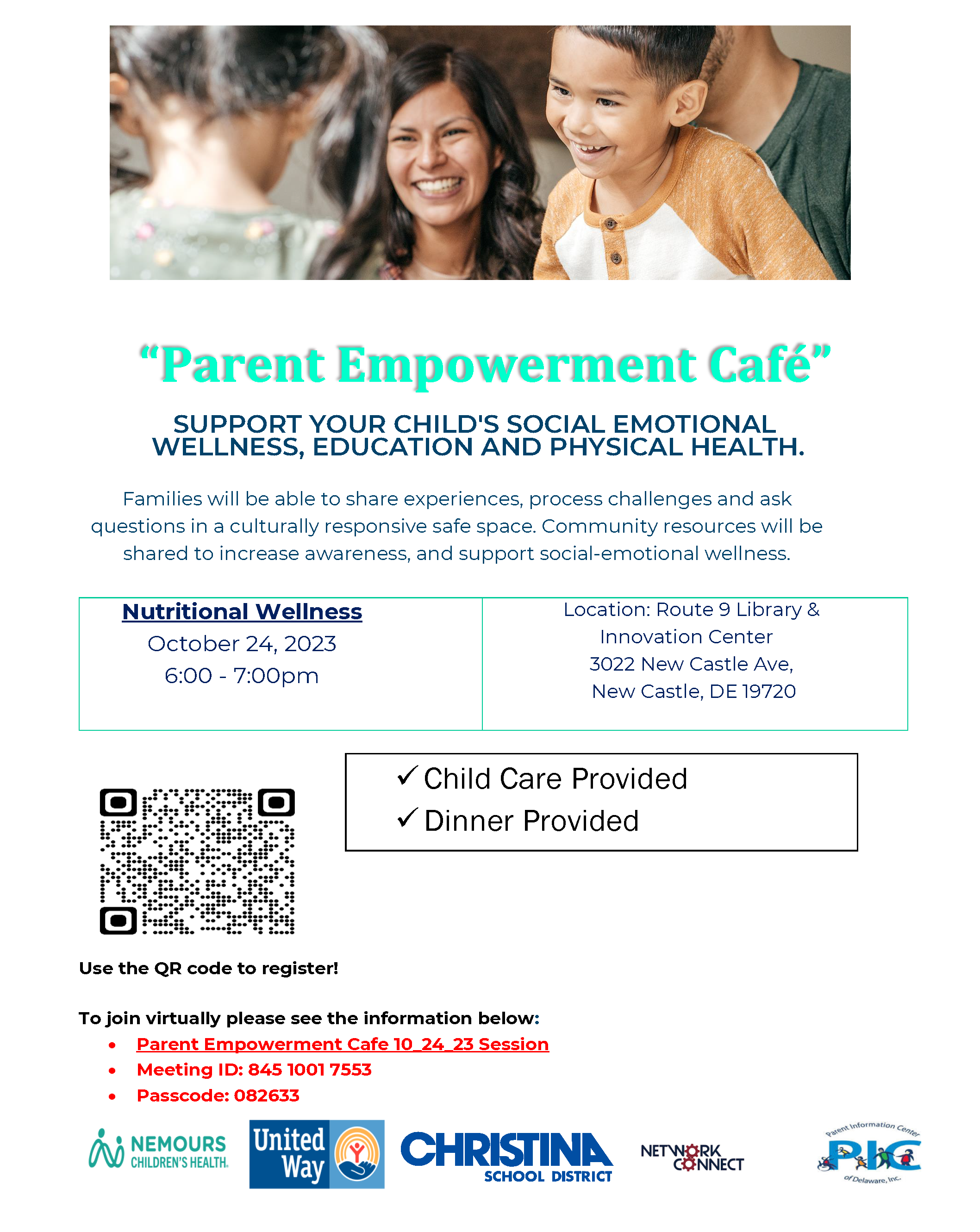
Harmony Within: Cultivating Emotional Stability
Emotional stability is a vital component of overall well-being, influencing how we navigate life’s challenges and build meaningful connections. Explore key strategies and practices to cultivate emotional stability and foster a balanced and resilient inner state.
Understanding Emotional Stability: Foundations for Well-Being
Emotional stability refers to the ability to maintain a sense of calm and balance in the face of life’s ups and downs. It involves managing emotions effectively, avoiding extreme highs and lows, and responding to situations with a measured and thoughtful approach. Building a foundation of emotional stability is essential for promoting overall well-being.
Self-Awareness: The First Step to Emotional Stability
Self-awareness is the cornerstone of emotional stability. Take time to understand your emotions, identify triggers, and recognize patterns in your reactions. Cultivate mindfulness to observe your thoughts and feelings without judgment. Developing self-awareness allows you to respond to situations consciously rather than reacting impulsively.
Emotional Regulation: Managing Responses Effectively
Emotional regulation is the ability to manage and modulate your emotional responses. Practice techniques such as deep breathing, meditation, or progressive muscle relaxation to calm the nervous system. Recognize when emotions are escalating and implement strategies to bring them back to a balanced state. Emotional regulation enhances your ability to navigate stressors with resilience.
Positive Outlook: Fostering Optimism and Resilience
Maintaining a positive outlook is a powerful factor in emotional stability. Cultivate optimism by focusing on the positive aspects of situations, practicing gratitude, and reframing challenges as opportunities for growth. A positive mindset contributes to emotional resilience, allowing you to bounce back from setbacks and face difficulties with a constructive mindset.
Healthy Coping Mechanisms: Navigating Life’s Challenges
Developing healthy coping mechanisms is crucial for emotional stability. Engage in activities that bring joy, relaxation, and a sense of accomplishment. Whether it’s exercising, pursuing hobbies, or spending time with loved ones, find outlets that contribute positively to your emotional well-being. Healthy coping mechanisms build a strong foundation for emotional stability.
Effective Communication: Expressing Emotions Clearly
Clear and effective communication is fundamental for emotional stability. Express your emotions assertively and authentically, while also actively listening to others. Communication fosters understanding and prevents misunderstandings that can lead to emotional turmoil. Open and honest communication contributes to a harmonious interpersonal environment.
Building Supportive Relationships: The Role of Connection
Nurturing supportive relationships is integral to emotional stability. Surround yourself with individuals who uplift and understand you. Cultivate connections based on trust, empathy, and mutual support. Strong social ties provide a valuable network during challenging times and contribute to emotional well-being.
Setting Boundaries: Preserving Emotional Energy
Setting boundaries is a key practice for maintaining emotional stability. Clearly define your limits and communicate them to others. Establishing boundaries protects your emotional energy and prevents burnout. Respectful boundaries contribute to healthier relationships and a more stable emotional state.
Continuous Learning and Growth: A Dynamic Mindset
Embrace a mindset of continuous learning and growth for sustained emotional stability. View challenges as opportunities for personal development. Cultivate a curiosity to learn from experiences and adapt to change. A dynamic mindset supports emotional flexibility, allowing you to navigate life’s uncertainties with resilience.
Seeking Professional Support: A Valuable Resource
When faced with persistent emotional challenges, seeking professional support is a valuable resource. Therapists, counselors, or mental health professionals can provide guidance and strategies to enhance emotional stability. Don’t hesitate to reach out for professional assistance when needed.
To delve deeper into the journey of cultivating emotional stability, visit Emotional Stability. Explore resources and insights that empower you to foster a balanced and resilient inner state. Cultivating emotional stability is an ongoing process that enriches your life, allowing you to navigate the complexities with grace and authenticity.

